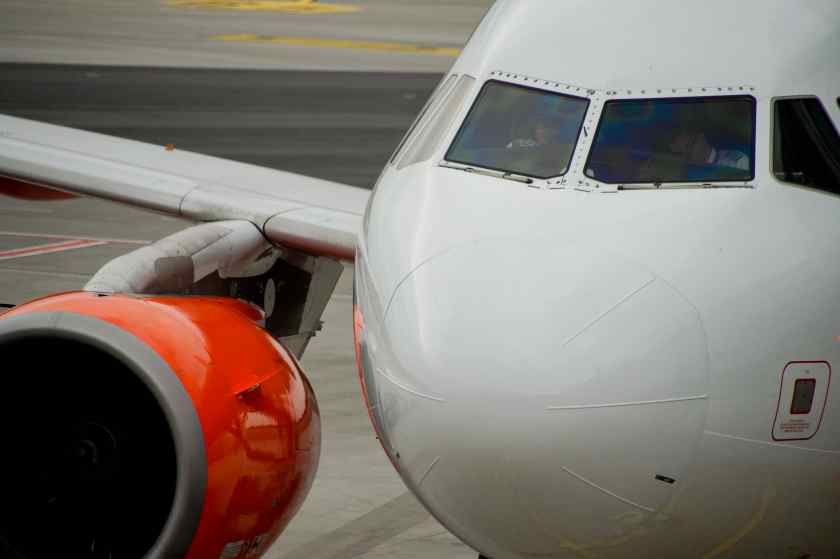Mid-Air Security Scare on American Airlines Flight
An American Airlines flight from San Juan, Puerto Rico, to Dallas-Fort Worth International Airport was forced to make an emergency return after a passenger misinterpreted a personal text message as a security threat. The incident unfolded on Friday evening aboard American Airlines flight 1847, a narrow-body Airbus A319 carrying 193 passengers. Approximately 30 minutes into the flight, a passenger reported a perceived threat after observing a nearby traveler receive a text message containing the abbreviation “R.I.P.”, which was meant to convey grief over a family death.
Alarmed by what they interpreted as a sinister warning, the passenger alerted flight attendants, who promptly informed the cockpit crew. In adherence to strict aviation security protocols, the pilots made the decision to return the aircraft to Luis Muñoz Marín International Airport in San Juan out of an abundance of caution, despite no immediate signs of distress or danger on board. Upon landing, the aircraft was met by law enforcement and security officers, including agents from the Puerto Rico Office of Explosives and Public Safety.
Passengers were temporarily held on the tarmac while a full investigation was conducted. The text message that triggered the emergency was reviewed, and both the sender and recipient were interviewed. It was quickly revealed that the message referenced a family member’s passing, and the passenger receiving it had been notified of the death while en route and had decided to return home immediately. Authorities determined that the situation was not a threat but rather a profound personal tragedy misread under heightened security awareness. Airport officials confirmed that the emergency response followed established procedures and found no criminal or threatening intent.
Once security cleared the situation and ruled out any danger, the aircraft underwent routine inspections. Passengers were briefly escorted off the aircraft as part of standard safety procedures before being cleared to reboard. American Airlines released a statement reaffirming that passenger safety and security are core principles guiding every decision. Later that evening, the flight successfully resumed its journey and landed safely at Dallas-Fort Worth International Airport.
No charges were brought against either passenger involved. Authorities stated that the alert was a mistake made in good faith, highlighting it as an example of caution rather than overreaction. Airport security officials emphasized that the passenger who raised the alarm did the right thing by reporting something they found suspicious. This incident, while causing inconvenience, underscored the complexity of communication in a confined travel setting, especially when personal messages involving grief can be easily misinterpreted. It served as a reminder for both airlines and travelers about the importance of empathy, mindfulness, and discretion in shared public spaces, and the need for airlines to support both emotional privacy and passenger security through comprehensive training and communication.
American Airlines confirmed that the incident would not affect its regular flight operations between San Juan and Dallas-Fort Worth, and the route remains active. Affected passengers were provided with assistance upon landing, and the airline reported no official complaints or demands for compensation.






